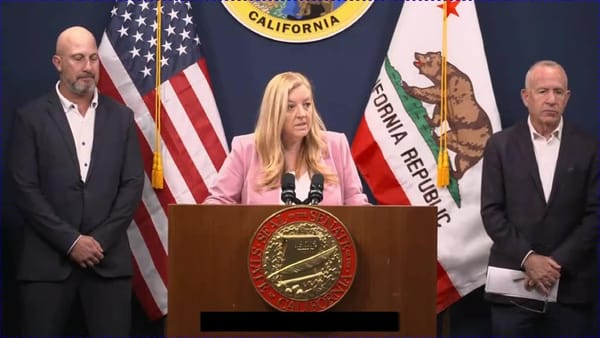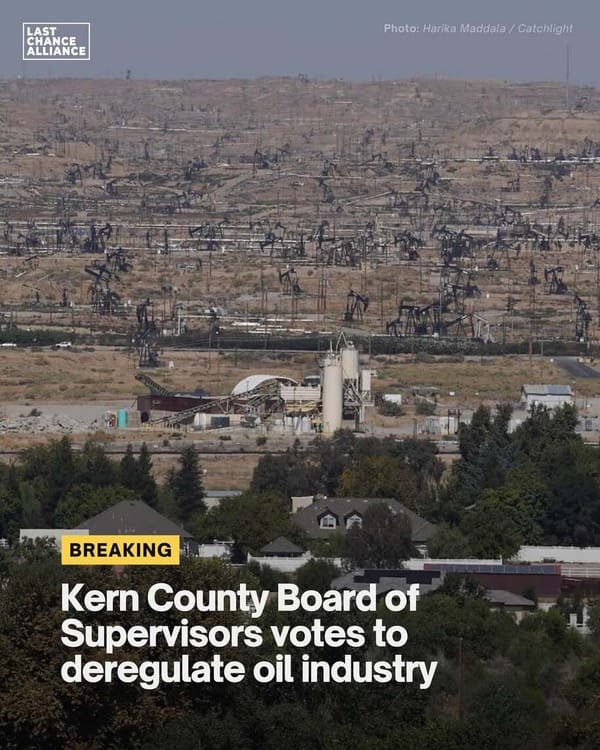Read more

Elk Grove Week at a Glance - Week of July 14
Meetings and events in Elk Grove

Senator Ashby's regional homelessness faces headwinds; Elk Grove, County Supervisor Pat Hume oppose legislation
Despite Senator Ashby's vision for regional collaboration, municipalities are expressing opposition.

Groups Condemn Kern County's Fast Tracking of New Oil and Gas Drilling Permits
Climate justice advocates note that this is the county’s third attempt to update its oil and gas permitting ordinance

The Best Post WWII Players for the Giants, Phillies, Pirates and the Cardinals
This list includes one real bad ass Hall of Fame pitcher!
